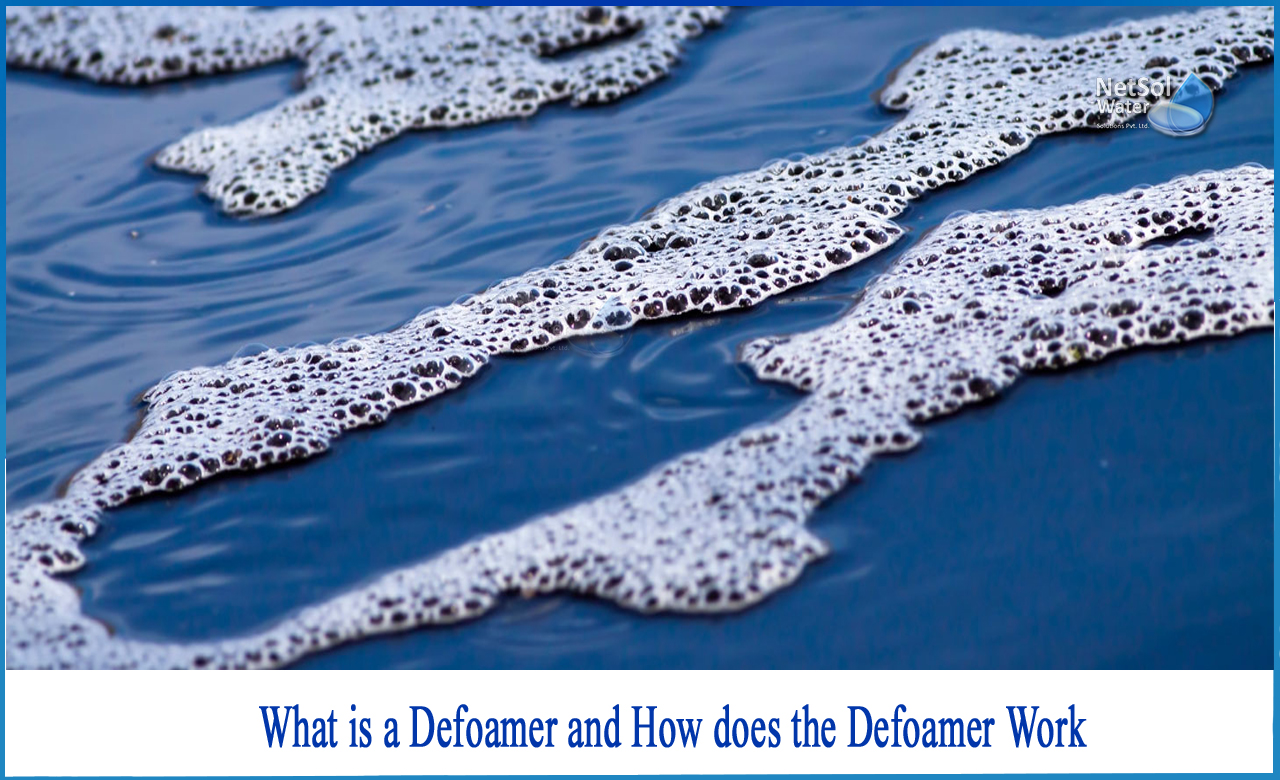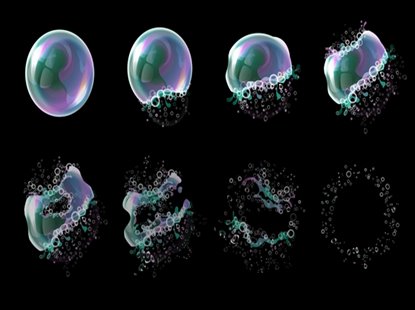Effective Use of Defoamers in the Pharmaceutical Manufacturing Process
Effective Use of Defoamers in the Pharmaceutical Manufacturing Process
Blog Article
The Function of Defoamers in Enhancing Item High Quality and Performance
Defoamers serve as necessary additives that alleviate this issue, making certain smoother production workflows while enhancing the practical and visual characteristics of the final products. The option of the proper defoamer can be essential to accomplishing optimum results, elevating crucial concerns regarding formulation compatibility and efficiency metrics that warrant further expedition.
Recognizing Defoamers
Understanding the role of defoamers is essential for maintaining item high quality across various sectors. Defoamers are chemical additives developed to reduce and protect against the formation of foam in liquid systems, which can negatively influence procedures such as blending, loading, and surface tension. Lathering can result in inadequacies, product issues, and compromised visual allure, making defoamers an important element in manufacturing procedures.
In commercial applications, defoamers assist to improve item uniformity and security. In the paint and coverings market, foam can conflict with the application procedure and the final coating. Likewise, in food and drink manufacturing, excessive foam can prevent bottling and packaging performance (defoamers). The reliable usage of defoamers not just guarantees smoother manufacturing procedures but additionally adds to superior product performance.
Moreover, the selection and formulation of a defoamer need to line up with particular application needs, such as compatibility with various other ingredients, performance under varying temperature and pH problems, and potential regulative restrictions. Ultimately, recognizing defoamers' features and their relevance in numerous formulations is essential for enhancing manufacturing and ensuring the finest quality final result.
Kinds Of Defoamers
Defoamers can be classified into numerous kinds based upon their make-up and device of activity. The main types consist of silicone-based, non-silicone organic, and not natural defoamers.
Silicone-based defoamers are among one of the most reliable, mostly due to their capacity to spread out rapidly on the fluid surface area and disrupt foam formation. Their one-of-a-kind chemical framework enables superior security, making them ideal for high-temperature applications and settings with differing pH levels.
Non-silicone natural defoamers, often made up of natural oils or fatty acids, are valued for their biodegradability and reduced poisoning. These are typically utilized in food and drink applications where security and environmental effect are vital.
Inorganic defoamers, which consist of substances like talc or calcium carbonate, act by raising the thickness of the fluid, thereby decreasing foam security. They are frequently used in industrial procedures where compatibility with other products is not a concern.
Each kind of defoamer has distinctive benefits and restrictions, enabling for customized solutions relying on the specific foaming problems run into in different applications. Comprehending these differences is crucial for maximizing performance and achieving wanted product top quality.
Applications Across Industries
Numerous markets take advantage of defoamers to improve product top quality and operational efficiency. In the food and beverage field, defoamers are crucial in processes such as developing and dairy products manufacturing to avoid foam development, which can bring about ineffectiveness and product variance. By like it regulating foam, producers can guarantee far better yield and a more consistent product.
In the pharmaceutical industry, defoamers play an essential duty in the formula of fluid medications, where extreme foam can restrain blending and exact dosing. Their usage assists keep the stability of the formulas and facilitates smoother manufacturing processes.
The paint and finishings industry also relies upon defoamers to boost the efficiency of products throughout application. By reducing foam, these ingredients ensure a smoother coating and enhance the aesthetic high qualities of why not find out more the end product.

Benefits of Using Defoamers
While the application of defoamers varies throughout industries, their advantages regularly boost product high quality and procedure efficiency. One substantial advantage is the decrease of foam formation during manufacturing procedures, which can or else result in manufacturing delays and variances in item top quality. By lessening foam, defoamers enable a smoother circulation of products, assisting in extra effective procedures and decreasing the chance of tools breakdowns.
In addition, using defoamers can improve the appearance and appearance of last items. In industries such as finishings, paints, and food handling, too much foam can endanger the visual aesthetic appeals and overall top quality, while the proper defoamer application ensures a consistent surface and preferable characteristics. Defoamers can contribute to cost savings by lowering waste throughout manufacturing and enhancing the usage of raw products.

Selecting the Right Defoamer
Selecting the best defoamer is critical for maximizing production processes and guaranteeing item high quality. The choice of defoamer affects not just the efficiency of foam control however additionally the overall performance attributes of the end product. Variables to take into consideration my response consist of the kind of application, the chemistry of the formula, and the environmental problems under which the product will be made use of.
Various industries might require particular defoamer types, such as silicone-based, natural, or polymeric defoamers. Comprehending the compatibility of the defoamer with the main ingredients is vital to stay clear of damaging reactions that might compromise product honesty. Additionally, the defoamer's efficiency in various temperature levels and pH degrees should be assessed to make certain consistent performance.
Evaluating the defoamer in small applications can supply important insights into its performance and suitability. Factor to consider of governing compliance, particularly in food, pharmaceuticals, and cosmetics, is extremely important in picking a defoamer. Eventually, a complete analysis of these variables will lead to the choice of a defoamer that not only controls foam efficiently however also boosts the quality and performance of the last item.
Verdict

In conclusion, defoamers are important ingredients that substantially boost product high quality and efficiency across various industries. The tactical choice and application of defoamers lead to set you back savings, optimized resource usage, and boosted client satisfaction.
Lathering can lead to ineffectiveness, item problems, and endangered aesthetic charm, making defoamers a crucial element in producing operations.

Report this page